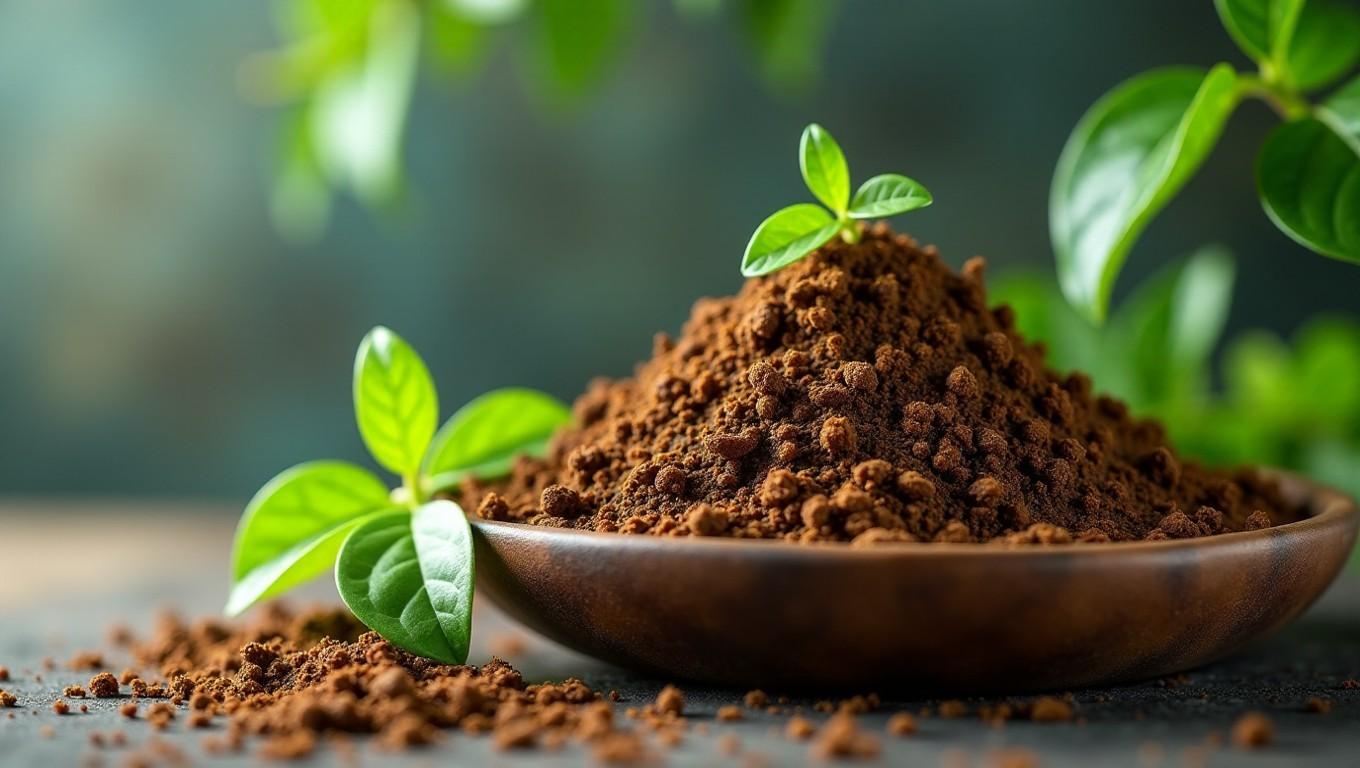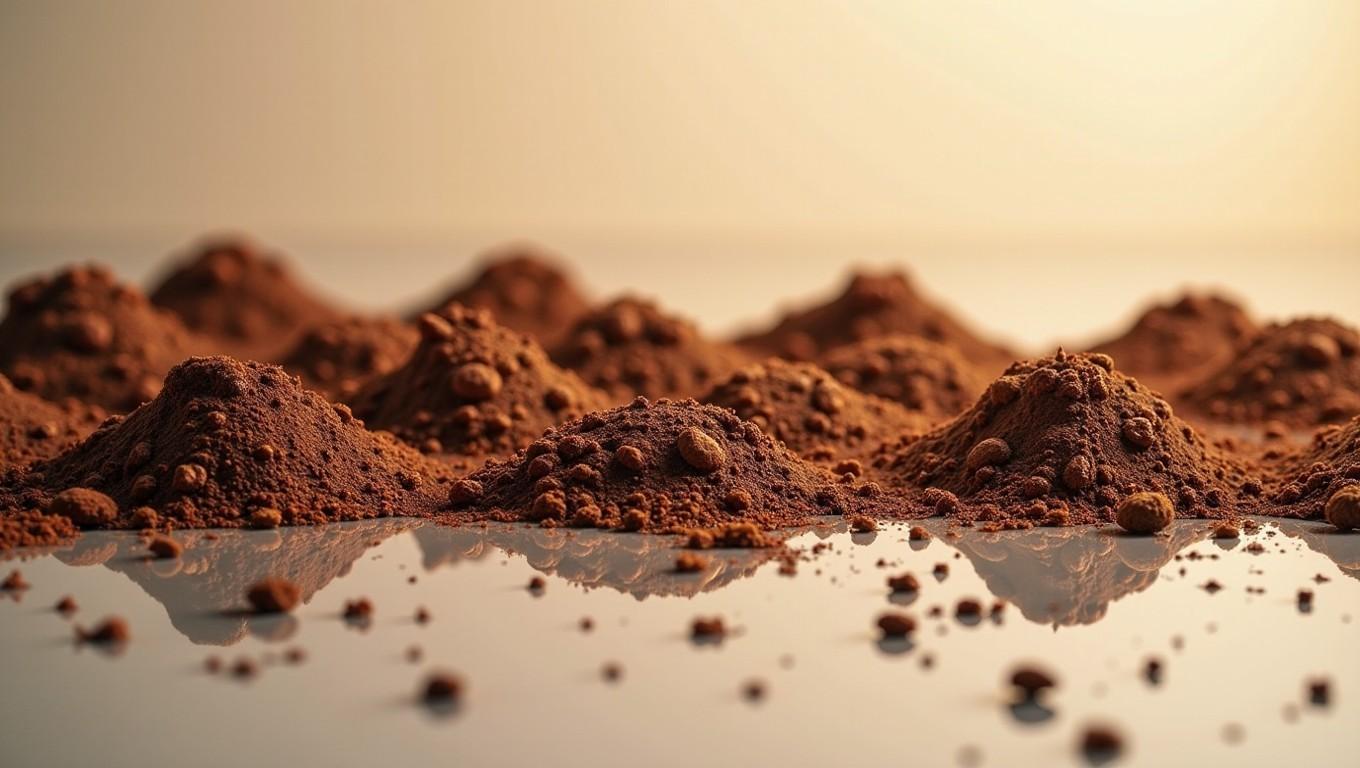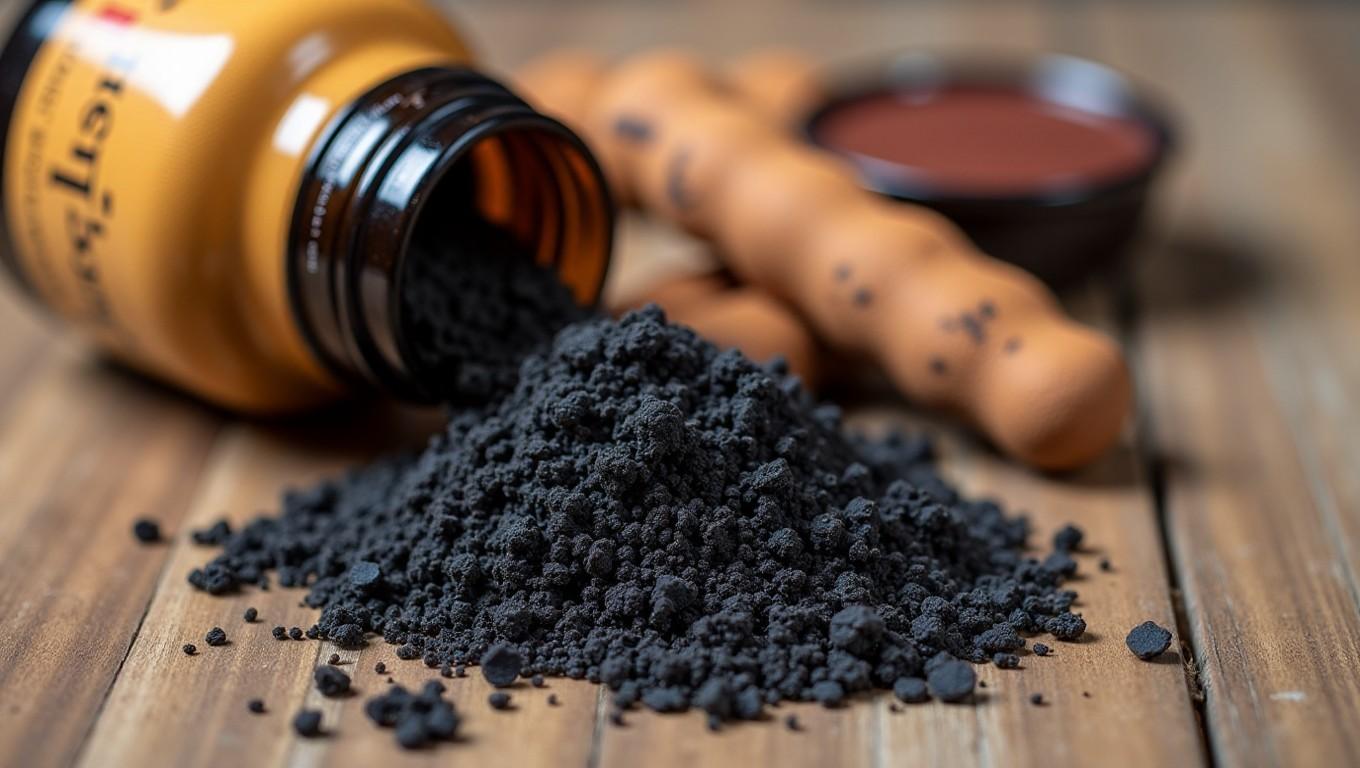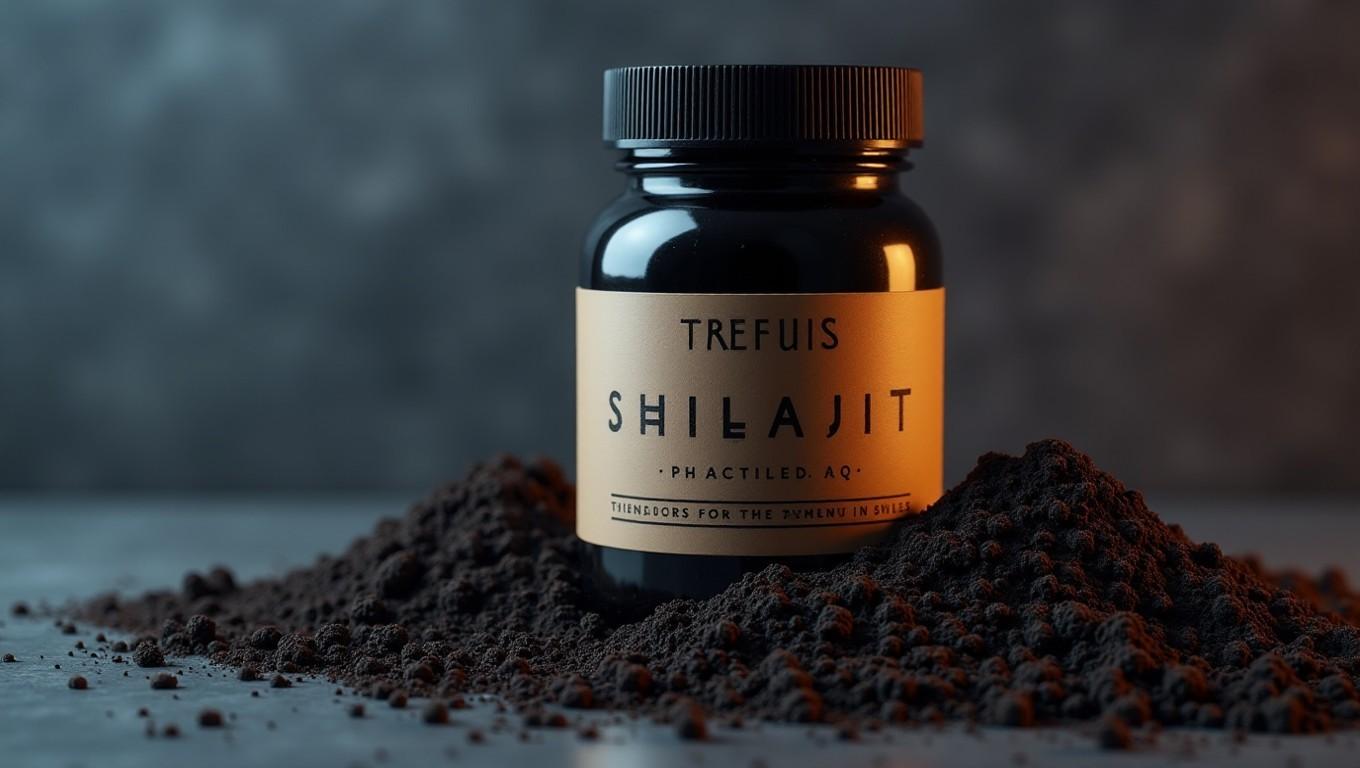Shilajit, an ancient herbal remedy originating from the Himalayan mountains, is gaining renewed interest in modern wellness practices. This unique substance has been traditionally used to combat inflammation and support joint health, among other benefits. Let’s explore what Shilajit can do for your body and why it’s becoming a popular choice for those seeking natural solutions.
The Ancient Wisdom of Shilajit
Shilajit is a resinous substance that forms in the cracks of rocks in mountain regions, particularly the Himalayas. It has been revered in Ayurvedic medicine for thousands of years due to its purported rejuvenating and health-enhancing properties. The term “shilajit” literally translates to “rock-indebted,” indicating its connection to the earth from which it is sourced.
Shilajit’s Composition
Shilajit’s unique composition sets it apart as a powerhouse of nutrients. It contains over 80 trace minerals, including fulvic acid, humic acid, and dibenzo-alpha-pyrones (DBPs). Fulvic acid is particularly noteworthy for its role in enhancing cellular function by improving nutrient absorption and antioxidant activity.
- Fulvic Acid: An organic compound that supports cell health and boosts the body’s natural defenses.
- Humic Acid: Known for its detoxifying properties, humic acids help remove harmful substances from the body.
- Dibenzo-alpha-Pyrones (DBPs): These compounds contribute to Shilajit’s adaptogenic qualities, helping the body cope with stress.
Inflammation and Joint Health: A Closer Look at Shilajit’s Role
Inflammation is a common issue that can affect various parts of the body, including joints. Chronic inflammation can lead to conditions like arthritis, which can significantly impact mobility and quality of life.
Anti-Inflammatory Effects: Shilajit has shown potent anti-inflammatory effects through several mechanisms:
- Inhibition of NF-κB Pathway: By blocking nuclear factor-kappa B (NF-κB), Shilajit reduces the production of proinflammatory cytokines like TNF-alpha, IL-6, and IL-1beta.
- Modulation of Oxidative Stress: As an antioxidant, Shilajit combats free radicals that can exacerbate inflammation in tissues.
Hormonal Balance: Shilajit’s influence on hormonal balance also plays a crucial role in managing inflammation and joint health. Studies have demonstrated its ability to modulate hormones such as testosterone and cortisol, which are linked to inflammatory responses.
Scientific Evidence Supports Shilajit’s Use for Inflammation
Several studies have investigated Shilajit’s effectiveness against chronic inflammation:
In Vitro Studies:
- A 2015 study published in the International Journal of Basic & Clinical Pharmacology highlighted Shilajit’s ability to inhibit cancer cell proliferation and migration by activating apoptosis through modulation of p53 and bcl-2 proteins. This anti-inflammatory effect is also relevant for managing chronic inflammation.
In Vivo Studies:
- In vivo research has shown that Shilajit reduces oxidative stress markers and inflammatory cytokines in animal models, suggesting a protective role against conditions like rheumatoid arthritis.
Shilajit’s Impact on Joint Health
Joint health is another area where Shilajit’s benefits are increasingly recognized. Arthritis, osteoarthritis, and other joint-related ailments can significantly impair daily activities and overall well-being.
Mitochondrial Support: Shilajit’s impact on mitochondrial function may explain its role in enhancing joint health. By improving energy production within cells, Shilajit supports the repair and maintenance of cartilage.
- Enhanced Muscle Recovery: After intense physical activity or injury, Shilajit can help reduce muscle inflammation, aiding faster recovery.
- Potential for Joint Repair: The mineral content in Shilajit contributes to bone density and joint flexibility, which is vital for those with osteoporosis or arthritis.
Adaptogenic Qualities and Stress Management
Stress can exacerbate inflammation and affect joint health. Shilajit’s adaptogenic properties make it a promising agent in stress management:
- Mental Clarity: By enhancing cognitive function, Shilajit helps maintain mental sharpness and reduces fatigue.
- Hormonal Balance: It supports the balance of hormones like cortisol, which when imbalanced can lead to increased inflammation.
Dosage and Safety Considerations
When considering incorporating Shilajit into your routine for inflammation or joint support:
Recommended Dosages:
- Studies indicate a daily dose ranging from 100mg to 500mg, depending on the individual’s needs. For instance, a 2010 study in Andrologia used 200mg twice daily for three months with positive results.
Safety Precautions:
- Consult your healthcare provider before starting Shilajit supplements, especially if you have pre-existing health conditions or are taking medications.
- Side effects can include mild digestive discomfort and dizziness. Start with a lower dose to assess tolerance.
- Choose reputable brands like Five Elementum.
Shilajit in Modern Medicine: Bridging Traditional Wisdom and Scientific Research
The resurgence of interest in Shilajit is due partly to the growing body of scientific research supporting its benefits for inflammation and joint health:
Recent Clinical Trials:
- A study published in Andrologia found that shilajit increased total sperm count, motility, and healthy sperm in infertile men.
Efficacy Across Diverse Conditions:
- Shilajit’s adaptogenic properties extend to various health areas, including physical performance, reproductive function, metabolic disorders, cardiovascular health, and more.
Shilajit stands out as a versatile herbal remedy that combines ancient wisdom with modern scientific validation. Its potential for managing inflammation and supporting joint health positions it as an attractive option in natural wellness practices. By understanding its mechanisms of action, benefits, and proper usage, you can harness the power of Shilajit to enhance your overall well-being.
References
Iqubal A et al., International Journal of Basic & Clinical Pharmacology, 2025.






